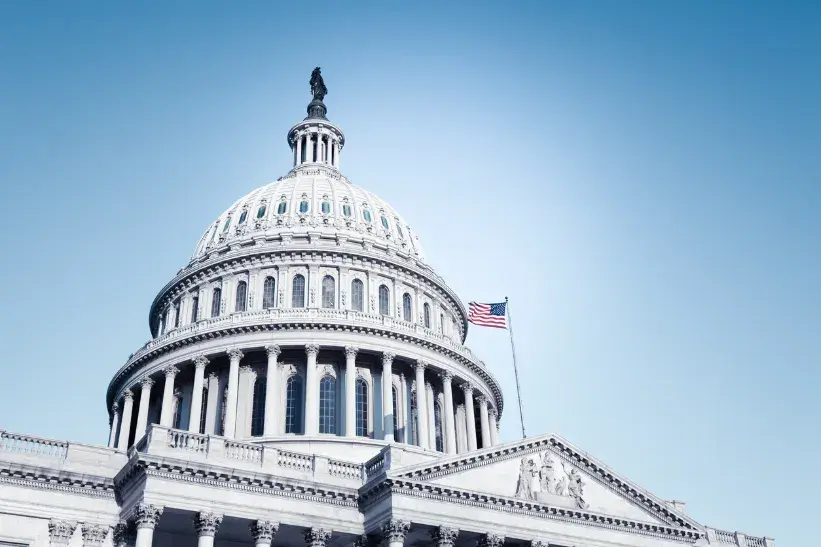
The 3rd Annual Health Care Value Week, brought the accountable care community together to celebrate the progress made in value-based care (VBC) and chart a path forward for delivery system transformation. CMS announced that ACO participation continued to grow in 2024, reaching 13.7 million Medicare beneficiaries. While great progress is being made, we still have only 30%-40% of primary care practices in the US in MSSP after a decade. Throughout the week efforts to bring more practices into accountable care were discussed.
CMS is focusing on helping communities understand value-based care
As the health care system continues to transition to value-based care, it is becoming more important for beneficiaries and their families to understand some of these nuances so that they can make informed decisions and better navigate the health system.
Liz Fowler, Deputy Administrator and Director of the Center for Medicare and Medicaid Innovation (CMMI), discussed the Value-based Care Spotlight website, which features patient stories in addition to education about what VBC is and how it benefits patients and families. Research shows beneficiaries don’t understand the basics (much less the nuances) of terms like value-based care, accountable care organizations, or fee-for-service.
Bringing late-adopters into accountable care
Aledade’s Chief Policy Officer, Sean Cavanaugh, moderated a panel with Dr. Magdi Wassef, a primary care physician who runs the Southaven Internal Medicine practice in Southaven, MS. Dr. Magdi is part of the “late majority,” joining Aledade in the last couple of years, and was new to the ACO model at that time. He was skeptical prior to joining an ACO, since the expectations in health care seemed to be, “do more and more for patients, without getting any more help.”
As he increasingly became frustrated with the Merit Based Incentive Payment System (MIPS), and found himself focusing on less relevant metrics that were not moving the needle to improve patient care, he joined an ACO as a last resort, and has not looked back. Before joining Aledade, Dr. Wassef noted, “I thought I was a very good, caring doctor, but I became aware that I could be much better.” Through access to actionable data and improved workflows, his practice now sees more than 95% of their patients who are discharged from the ER or an inpatient hospital stay to make sure they understand next steps in their care plan and any changes in medication. He does many more Annual Wellness Visits and has more time to personally call patients who are due for their appointments: “I like the kind of doctor I have become. I feel energized and appropriately incentivized.”
The panel, which included Aledade leadership in market operations and growth, discussed the levers CMS could pull to ensure continued recruitment and participation, including applying learnings from other models to continually improve the flagship MSSP ACO program, enhancing primary care payments to practices, making concerted efforts to encourage clinicians to join VBC models, and creating achievable quality benchmarks to continue rewarding practices who provide great care.
Showcasing system transformation and a sustainable path to value
During the week, the ACO community had a chance to demonstrate to policymakers on Capitol Hill how the ACO model is innovating care delivery and closing gaps in health equity.
At the Capitol Hill briefing, Representative Darin LaHood (R-IL) spoke about his work to get the Value in Health Care Act across the finish line. The Value Act would extend the Advanced Alternative Payment Model incentive payment for ACOs, and provide technical assistance and other guardrails. Rep. LaHood is a co-sponsor of the bill, along with Representative Susan DelBene (D-WA). DelBene’s remarks underscored that clinicians in alternative payment models saved the health care system more than $22.4 billion (in part due to reducing hospitalizations and ER visits and providing high quality care), and emphasized that the Value Act provides long-term incentives to clinicians that have taken the leap to value.
Senator Mark Warner (D-VA) also made remarks during Value Week, thanking the ACO community for their work to advance high quality care and improve health outcomes while curbing unnecessary costs. Congressional staffers from the House Committee on Ways and Means and Senate Finance Committee discussed the importance of defining accountable care and continuing to educate Congress given the churn in both chambers. They also spoke about the Congressional appetite to pass long-term Medicare payment reform that would stop the process of having to address the conversion factor reductions every year.
Looking ahead: What’s in store for value-based care?
Our marching orders are clear: we need to educate both policymakers and beneficiaries about the benefits of value-based care in a clear and concise way; and continue to push for MSSP refinements and innovations that build on our learnings from CMMI. Aledade is grateful for the opportunity to participate in the dialogue with health care stakeholders, policymakers, and CMS leadership to set a clear roadmap for 2024.
Connect with us!
Start planning your value-based care journey now
Thousands of your primary care peers are choosing Aledade as their value-based care partner. Let our experts show you why.
